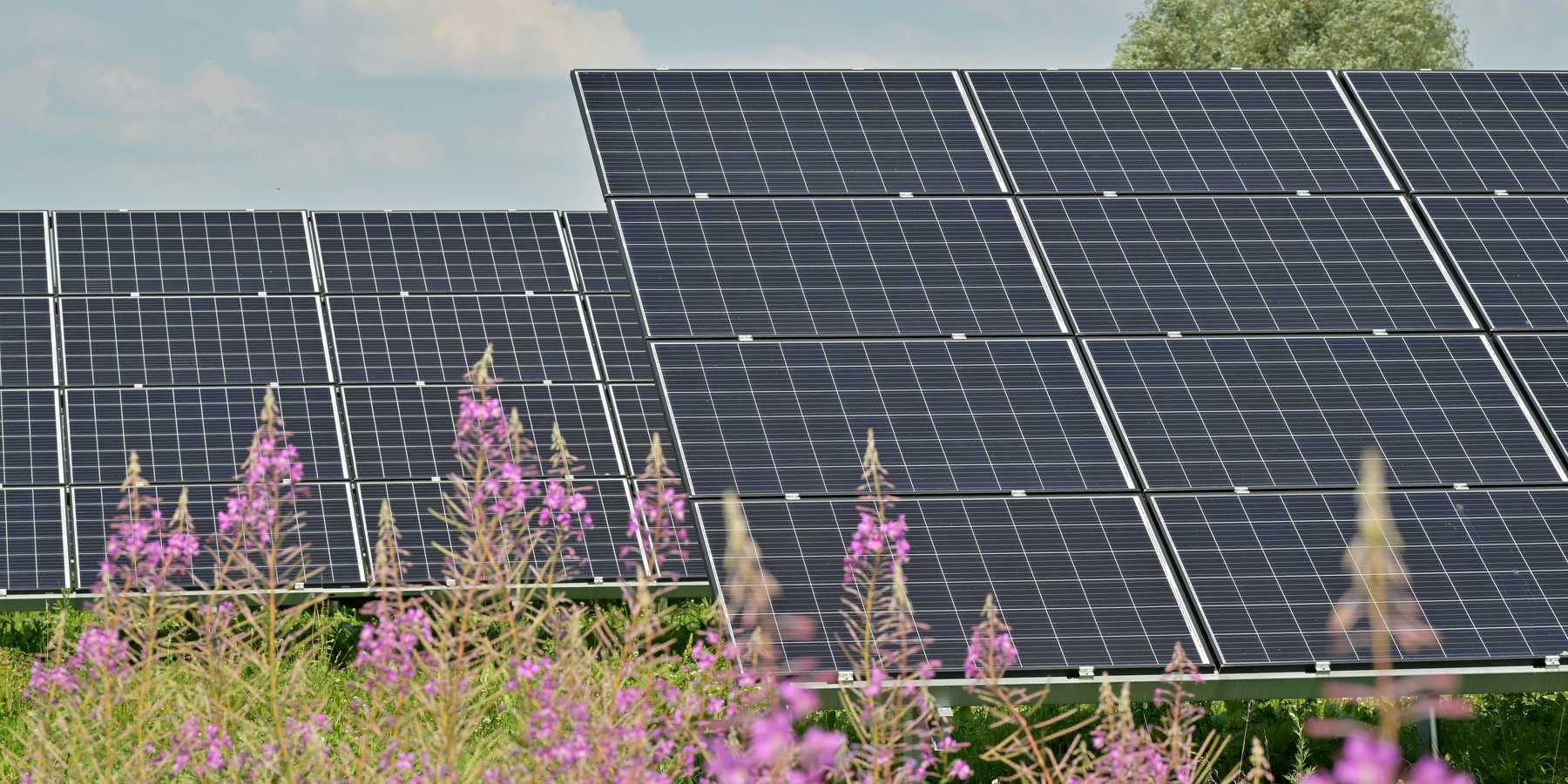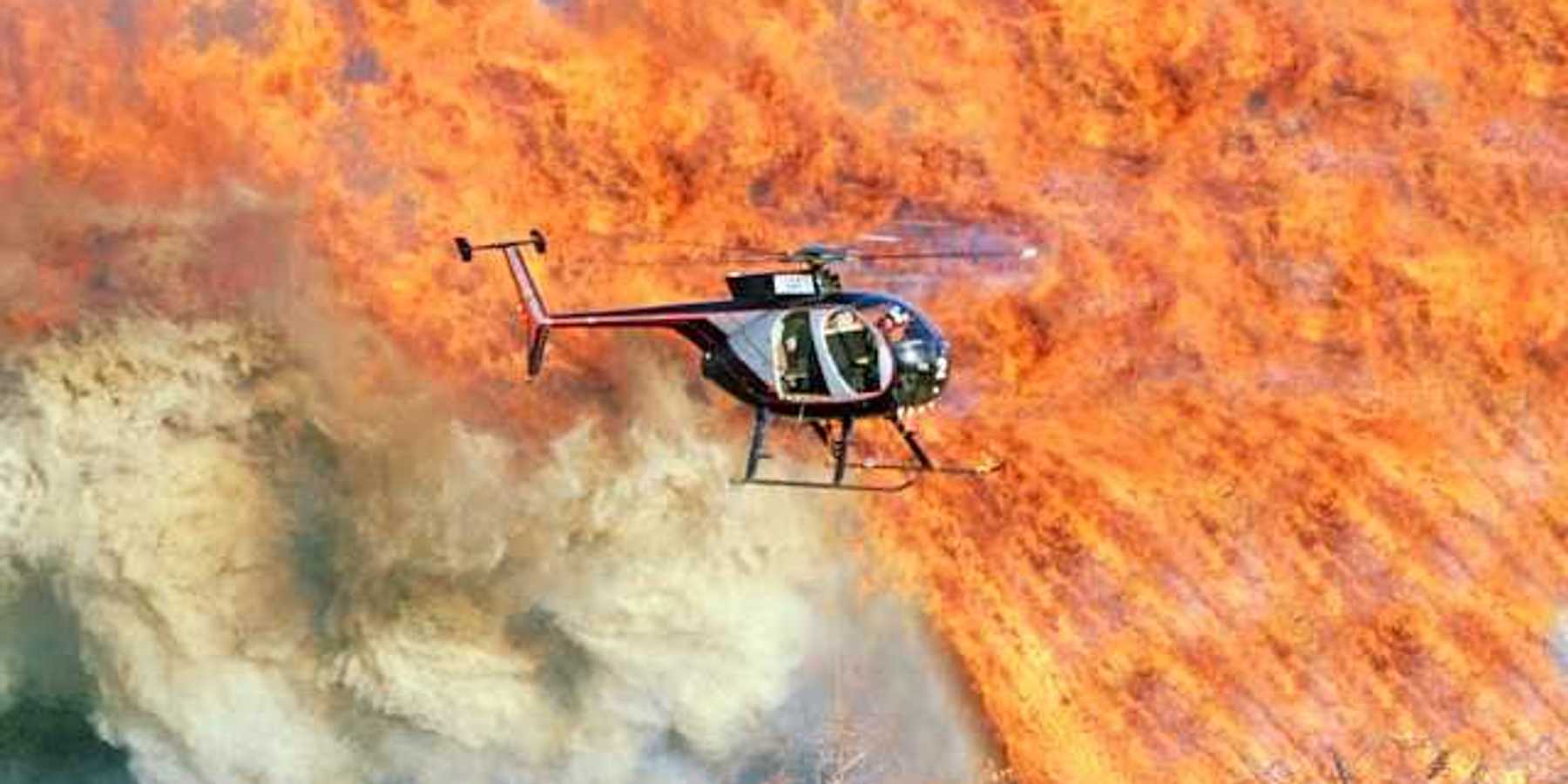
Earth Day 2020: The Thirty Year War
1990 was the 20th Anniversary of the original Earth Day. If they could look ahead to this month's 50th, they'd be mortified.
On April 22, 1990, a six-figure sized crowd flocked to the National Mall.
On the 20th Anniversary of Earth Day, A-list celebrities like Tom Cruise, Woody Harrelson, and John Denver regaled the masses with a mix of anger and hope.
There was a similarly-sized event in New York City's Central Park that day. More remarkably, Earth Day was so hot that ABC handed over more than two hours of its priceless prime time that night for a variety special featuring appearances by more A-listers: Bette Midler, Danny DeVito, Dan Aykroyd, Chevy Chase, Bill Cosby, Kevin Costner, Rodney Dangerfield, Jane Fonda, Morgan Freeman, Dustin Hoffman, Magic Johnson, Jack Lemmon, Meryl Streep, Betty White, Robin Williams, and Barbra Streisand.
The all-star Earth-a-Palooza also featured corporate sponsors whose ads proclaimed that Every Day Is Earth Day.
More than a few of those ads were greenwash—the newly-coined word to denote when dubious environmental intentions cloak serious environmental crimes.
Apart from New York, D.C. and ABC, every media outlet and city had their own observances that day. Every city, that is, except Greensboro, N.C.—a city with green in its very name, for goodness sakes—where the weekend belonged to the K-Mart Greater Greensboro Open, one of the lesser events on the men's professional golf tour. Instead of one Green, Greensboro had 18 of them, at the Forest Oaks Country Club. Steve Elkington, an unknown Australian, won the Greensboro by two strokes. Like both Earth Day and K-Mart, Mr. Elkington peaked soon thereafter. Greensboro pushed its modest and tardy Earth Day revelries back to the following weekend.
This year, thanks to the COVID-19 calamity, the National Mall and just about every other public place in the world will be desolate. So let's take a look at the other differences between Earth Day 20 and Earth Day 50—aside from presuming that Bill Cosby will not be among this year's celebrity endorsers.
Political divide deepens
The League of Conservation Voters tallies an annual scorecard of Congressional behavior: The higher the scorer on what the League considers pro-environment legislative votes, the higher the approval number. In the 2019 session, 21 House members pulled a zero score, all Republicans. More than 100 Representatives, all Democrats, scored 95 percent or better.
In the 1989-1990 Congress, fewer than a half-dozen House Republicans, including future House Speaker John Boehner, pulled zeroes. Two Republicans, Sherwood Boehlert of New York and Jim Leach of Iowa, were among the dozen House members who scored 100 percent. It wasn't uncommon for Republicans in the Northeast or Upper Midwest to score well over 50 percent. Only two GOP'ers did so well in 2019.
The full numbers paint an overall picture of environmental politics where the two parties have rushed to opposite end of the political spectrum. Environmental advocacy groups came along for the ride, and even the fiercely non-partisan LCV strongly leans by appearance to the Democrats.
Environmental racism

Rev. Ben Chavis. (Credit: UNC Charlotte Official/flickr)
In early 1990, the Rev. Ben Chavis, future head of the National Association for the Advancement of Colored People (NAACP), led the Commission on Racial Justice on behalf of the United Church of Christ.
He organized civil rights leaders to sign a letter informing major environmental groups that their virtually all-white leaderships constituted a form of racism in hiring. The groups' leaders—a veritable Caucasian cavalcade—sent a mixed response, either denying the charge or promising to do better. With a few exceptions, like the African-American Sierra Club president Aaron Mair or Rhea Suh, the Korean American who briefly led the Natural Resources Defense Council, the situation remains largely the same.
And today, the profound disparity in pollution in minority communities is often pointed out, but rarely resolved. Uniontown, Alabama, is a current, tragic example.
Residents there blamed their off-the-charts cancer rates on a toxic landfill adjacent to the town. Their plea to address the problem through the Civil Rights Act was denied by Trump's Environmental Protection Agency (EPA) in 2018.
A brand Newt man
In 1990, Newt Gingrich was a rising star, the House Minority Whip who claimed an affinity with some environmental issues. By then, he posted a 50 percent lifetime LCV score.
He narrowly survived re-election in 1990, beating an upstart Democrat named David Worley. Five years later, he led the anti-Regulatory Contract With America, riding a rising national sentiment to become Speaker of the House.
As late as 2007, Gingrich's environmental street cred was solid. The retired Speaker posed, American Gothic-style, in front of the U.S. Capitol with the current Speaker, Nancy Pelosi, in a TV ad calling for action on climate change. By 2011, Gingrich plotted a comeback, this time in a presidential run.
Like fellow Republicans Mitt Romney, Sarah Palin, and the late John McCain, he had drifted into climate denial, calling the Pelosi ad "the dumbest single thing I've done."
Nancy Pelosi and Newt Gingrich Commercial on Climate Change
The "environmental president"
Like today, 1990 saw a Republican in the White House, the one-term George H. W. Bush. During his 1988 campaign, the elder Bush vowed to be "the environmental President."
That never happened, of course, but by current Republican standards, he was a serial tree-hugger. Bush's EPA Administrator, William Reilly, was the former head of the U.S. branch of the World Wildlife Fund. Together, he and Bush pushed strong Clean Air Act amendments.
Today, the EPA Administrator, Andrew Wheeler, is a former coal lobbyist tasked with weakening the Act and just about every other environmental law and regulation.
Old problems and new specters
Today, our air and water are cleaner than 1990, thanks largely to the environmental oversight that Trump's team is eager to shed.
Some species have been removed from the Endangered Species Act (which is now itself endangered). Others remain on the brink, while quite a few have gone over the edge.
The ozone hole over Antarctica, a newly-discovered menace back in '90, is on its way to recovery thanks to a global treaty.
Climate change, which first topped the headlines after Congressional hearings in 1988 with dramatic projections of harm, remains largely ignored by Washington. Apparently the fact that the dramatic projections of National Aeronautics and Space Administration (NASA) scientist James Hansen are emerging as tragic realities hasn't sufficiently sunk in with the American leadership. Kind of like those public health predictions that we might have a brutal pandemic someday. Fake news!
And problems yet to be introduced to the broader public by 1990 are now new specters. Who could believe the chemistry of the vast oceans could actually be altered by fossil fuel waste? Or that they someday could be choked with our plastic trash.
After all, recycling operations were well on their way to solving the single biggest environmental challenge of plastic by 1990, right? The answers from 2020 would be: chemistry, yes we can alter it; plastics, no recycling's not cutting it.
So, for these problems and an empty National Mall on Earth Day, we rely on our yet-unrealized political will and our yet-undiscovered breakthroughs.
After all, necessity is the Mother of Invention, but desperation is its Daddy.
Peter Dykstra is our weekend editor and columnist. His views do not necessarily represent those of Environmental Health News, The Daily Climate or publisher, Environmental Health Sciences. Contact him at pdykstra@ehn.org or on Twitter at @Pdykstra.













